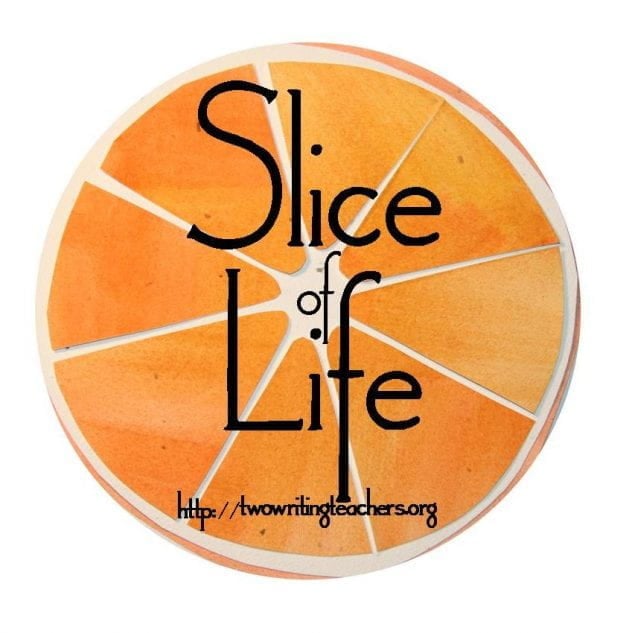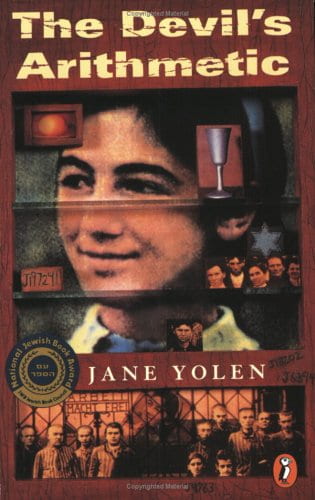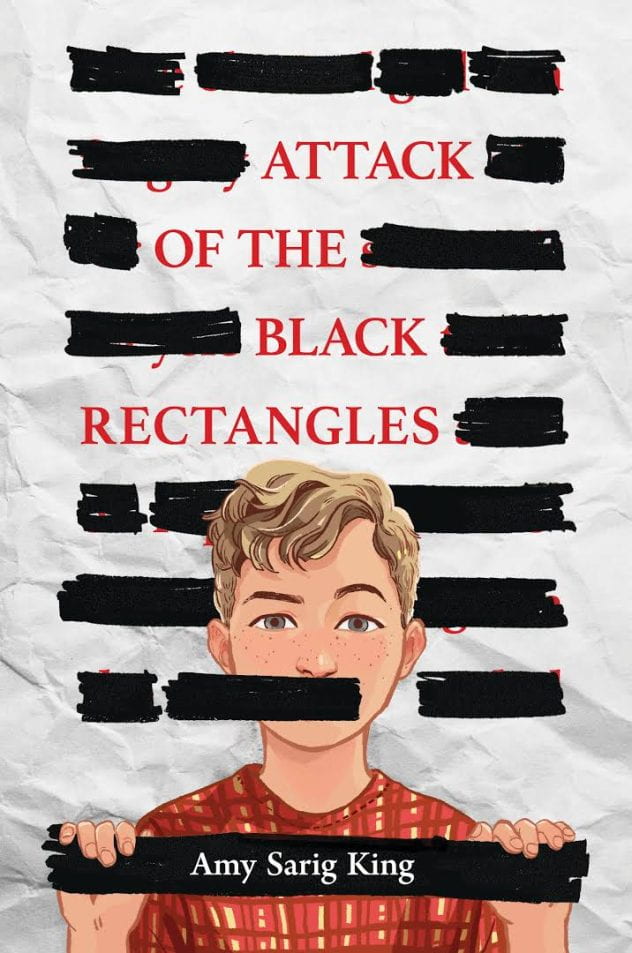
It’s good to be back here with you on just Tuesdays this month! One of the posts I read last month, I am still remembering with fondness today. It was at Trish’s Jump Off; Find Wings. She wrote a letter to Jane Yolen. It was warm and personal, and it sent me right away to the library to check out the two books she mentions:
- The Devil’s Arithmetic, by Jane Yolen, a powerful Holocaust story that treats young people with the ability to handle truth, even when it is difficult.
- Attack of the Black Rectangles, by Amy Sarig King, a story of censorship of children’s books, including The Devil’s Arithmetic, “for the good of the children,” Jane Yolen makes a heroic appearance in this book defending freedom to read. Attack of the Black Rectangles is based in part on a true event that happened to the author’s own child.
Since I had just finished the books, for my #Verselove poem today I thought about writing about censorship. I first wrote out some coherent thoughts. Because the prompt was to write in a grammatically ungrammatical way, I thought I would try that later.
When we ban and censor books
our children come to the conclusion
that we are afraid of them,
that we don’t trust them.
We make book sales go up,
not because of their content
but because of interest
sparked in the banning
What if we let our children and youth
decide what to read
based on their interests?
Not ours.
Then I went to change it up, to write as our mentor Jennifer Guyor Jowett did–writing grammatically ungrammatically–turning nouns into verbs, modifying nouns with adverbs, and so forth. It was fun, and I think the product is much better than the thoughts I wrote out first. What do you think?
When we ginger
around delicating and timiding
our adolescents
and children
with afraidness and frailitude,
when we “don’t-read-that” them–
our hungry people young–
we lose and abuse them.
we disaster education
and failure
historying
noveling
poeming
storying
failing to represent their
sacred wholly wings
represented for flightfully
library wholeness


This was wonderful to read and a great view on censorship. I enjoyed the transformation of your two poems. 🙂
Denise,
In addition to what you say about losing children’s trust when we censor, I also think banning and censoring books is a sad commentary on parenting. It tells the world these supposedly well-intentioned parents see themselves as lacking influence in their child’s life. We should frame our responses to them this way. Another thought: We often hear and believe book sales go up when books are banned. This isn’t true. I remember Jo Knowles writing a FB post about this. Of. purse, there are exceptions to the rule, but overall book bans reduce book sales.
Glenda, I guess I didn’t realize that. I need to learn more since this has become an issue again in the 21st century. I just know when I have heard of books being banned lately–like Antiracist Baby and Everywhere Babies–I buy them for my grandson. In the Attack of the Black Rectangles, the kids who were reading The Devil’s Arithmetic bought unmarked copies instead of reading the censored copies the teacher provided. I do realize these are my own anecdotal examples, so I need to do more research and learn about this more. Thanks for the challenge.
Thank you for walking us through your process! And introducing me to Amy King’s book. And yes, your second poem was so strong and interesting! I will have to take on more grammar-freedom.
Denise, your post today speaks to my heart. Thanks for sharing these books, too. They sound fantastic. I am a huge fan of young adult literature although I do not read it as much anymore now that I’m not a high school teacher. Your poem is fantastic and I appreciated your comments that shared your process.
This is spot on, Denise – writing about/advocating for books not to be banned, and explaining it in ‘layman’s terms,’ I think. When we “with afraidness and frailitude,” make these decision, we pass that fear along to our children. Love your poetry!
I really enjoyed reading the two versions of your poem. I love the way you played with words in poem number 2–the ideas caught my attention more. There were so many words and phrases that I loved. One of my favorites: “delicating and timiding”
Denise, thank you for writing about this. Our state legislature is making a mess out of school librarians (who are required to have master’s degrees and a teaching certification) selecting books. For some reason, they believe we’re choosing material that isn’t age appropriate. Your poems both capture the core of this issue. Your play with words and writing grammatically ungrammatically put a spin on the original I never imagined. I also appreciate how you posted the process. I’m saving this post to try it out. Well done!
First, this is my very first acknowledgement by another blogger; it makes me so happy. Second, I LOVE THE REVISION! I once took a class with the wonderful Tom Romano who talked about using language in the very way you have done in this poem and invited us to take it for a spin in the multi-genre pieces we were writing. I balked at first, so grammatical I can be (and all those red squiggles under my creations were absolutely terrifying but turned liberating). My favorites? “delicating,”timiding,”we disaster education,” and my absolute fave, “flightfully.” There’s a poem alone resting in that word. Thanks so much.(And so very glad you appreciated the books!)
Trish, I’m so glad you found the post! That is awesome that you were invited to do the same with language. It is weird to see all those red squiggles, but as you say “liberating,” as well. Will we try it again? I hope so.